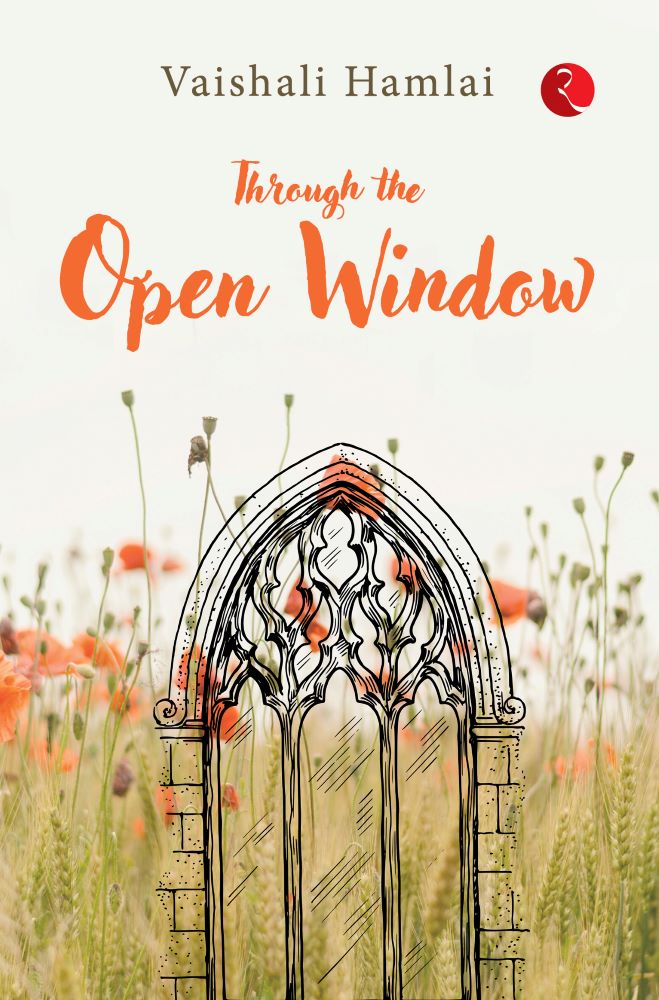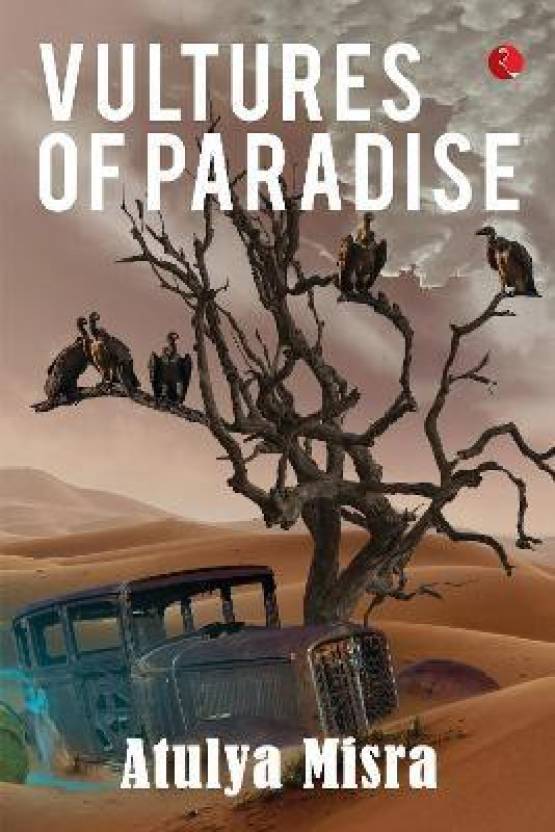Fiction
Featured Products
Violence In Our Bones : Mapping The Deadly Fault Lines Within Indian Society
₹580.17
M.R.P.:₹ 699.00
You Save: ₹118.83 (17.00% OFF)
Who Are We? An Enquiry into the Indian Mind and How We Came to be Who We Are
₹449.10
M.R.P.:₹ 499.00
You Save: ₹49.90 (10.00% OFF)
Valli : A Novel [SHORTLISTED FOR THE JCB PRIZE 2022
₹573.18
M.R.P.:₹ 699.00
You Save: ₹125.82 (18.00% OFF)











